One year of Swiss cheese and chocolate (Loredana Cumpana)
A year ago, in Romania, I packed minimum necessities into a small suitcase, said goodbye to my friends and family, and jumped on a plane to Switzerland to start a new chapter of my life. I felt awe, a mix of excitement and fear, as I dived into the unknown. Looking at the clouds, my mind was racing with the possibilities of the future, fully aware that it will be a difficult journey but nothing worth doing is ever easy!
It has been a little more than a year now since this journey started and so much has changed. The beginning was quite difficult, having to deal with finding a place to live when you don’t speak the language, going through all the bureaucracy to set up your new life. But in the end, when all that is done, what was new and confusing becomes routine. My unfurnished studio apartment became a cozy home, I’ve made new friends, new routines and everything has settled into a rhythm that is predictable and comforting.
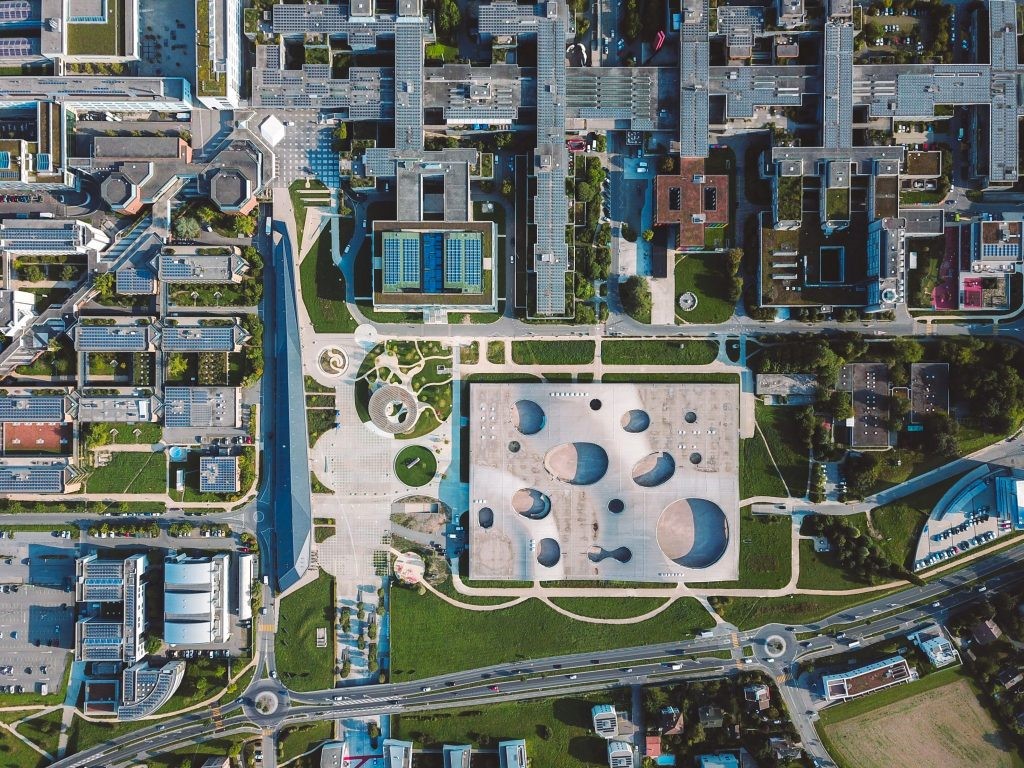
The same applied to the lab too, getting started in a system that is quite different than what you’re used to, implies an adjustment period. Now I can be more independent in the lab, being able to work my way around without always asking our technicians for help. I can move around the village that is the EPFL-UNIL campus without getting lost (most of the time, thankfully there’s GPS). Having less day-to-day details to worry about allowed me to be able to dive into my PhD project and start exploring the wonderful topic that I feel lucky to have the opportunity to work on.
But of course, as you get past one hurdle, the next comes. There are new techniques to learn, a pile of literature that you never seem to have the time to read, yet new articles keep being added to it. You put long hours and a lot of effort into experiments to have a puzzle as results but you’re not even sure they come from the same set. It can start to feel like you’re not progressing, like your efforts are in vain and your time is lost. Sounds grim, you could ask, why bother? Well, this is exactly where Neuroscience can help you and the reason I am perpetually fascinated with it! Understanding why we behave the way we do and how our brain may be biased, can help you find unexpected solutions to improve your life and wellbeing. For example, have you ever wondered how someone could obsessively play computer games with impressively sustained focus without seeming to get bored even when the tasks get increasingly repetitive and wondered why that type of focus is rarely applied to real-life situations? Games use a series of neuroscience hacks to catch our attention and maintain our motivation. This is mostly based on the fact that, evolutionarily speaking, our brains were not meant for long-term goals and are instead flooded by dopamine at the anticipation of a short-term reward. Using the tricks games use to motivate yourself in your everyday life is called “gamification”. The main points that drive this concept are short-term reward and keeping track of your progression. Everyday tasks can be divided into small goals that are rewarded upon completion. Particularly, I find it very useful to acknowledge progression while keeping track of how that moves you closer to your end goal. Sometimes you can make mistakes or not achieve what you intended but that does not mean you did not improve that skill to be able to do better next time. Games do a great job of keeping track of these things for us, and adding some of these elements to your work can help you feel more motivated.
I feel very lucky to be a part of my lab, the Laboratory of Behavioral Genetics. Throughout my first year, I’ve had excellent supervision and training and great colleagues that maintain a wonderful and cheerful work environment. Despite the normal difficulties associated with getting your PhD and the high-stress situations that can come with it, it has been surprisingly easy to deal with because of the support and encouragement that my supervisors, colleagues, and friends provide. Perhaps this is also aided by the fact that, in the lab, one of our main research topics is stress and how it can enhance the risk for psychiatric disorders. This was one of the reasons I wanted to join the lab, because I think this is an increasingly pressing issue in our society. Everyone experiences stress, but prolonged, intense stress can cause maladaptations. However, less mentioned and equally important is the fact that stress is also good. It’s a physiological response that is meant to prepare you for a demanding situation. For example, when you are about to give a presentation you may feel your heart start to race and you can interpret that as anxiety but you can also interpret it as excitement. Your perception of stress can influence how it affects you. So don’t be afraid of stress! In moderate amounts, it drives us forward!
Neuroscience research can be complex as it deals with biology which becomes more intricate the further down you go. Usually, the goal of neuroscience research is to understand how the brain works so that we can provide treatments for diseases related to this system. But often, this research also tells us about the fundamental inner workings of our minds. That knowledge can be used then by psychologists to provide new therapies or by anyone that is trying to understand themselves from a different perspective. Maybe I am biased to see everything through a neuroscience lens but because your brain is the one making up all your perceptions, thoughts, feelings, and wants, I do consider it the most important and fascinating part of our biology (according to the brain). So, I also think that understanding the new concepts that emerge from our research is not something just for other scientists but something everyone can use in their daily life.
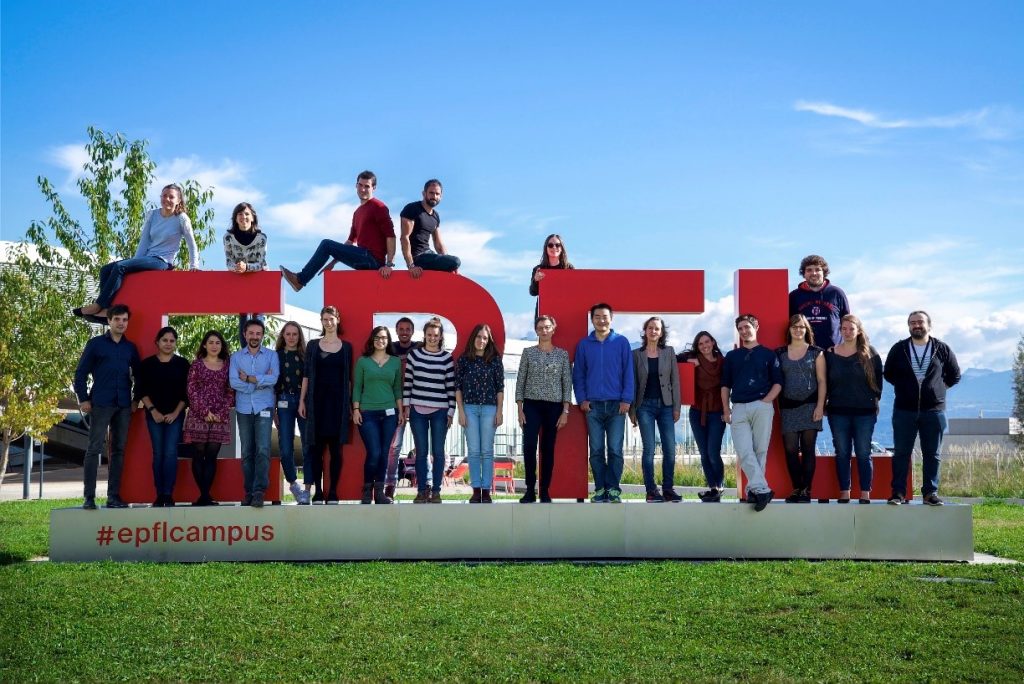
Overall, this 1st year of my PhD has been very eventful. I’ve met so many wonderful people through the fellowship and at EPFL that walk the same path and share the same troubles which make the journey easier. I can’t not mention the COVID-19 pandemic that changed the way we work and interact. I’ve had my candidacy exam, a milestone for the 1st year of PhD at EPFL, where I presented my work to a committee of experts in my field that provided valuable feedback for the future of my project. A considerable part of my duties also includes being a teaching assistant, which I found very rewarding to share my passion for neuroscience with students. I am looking forward to what the next years will bring, and I will be back with an update in exactly 1 year!
By Loredana Cumpana

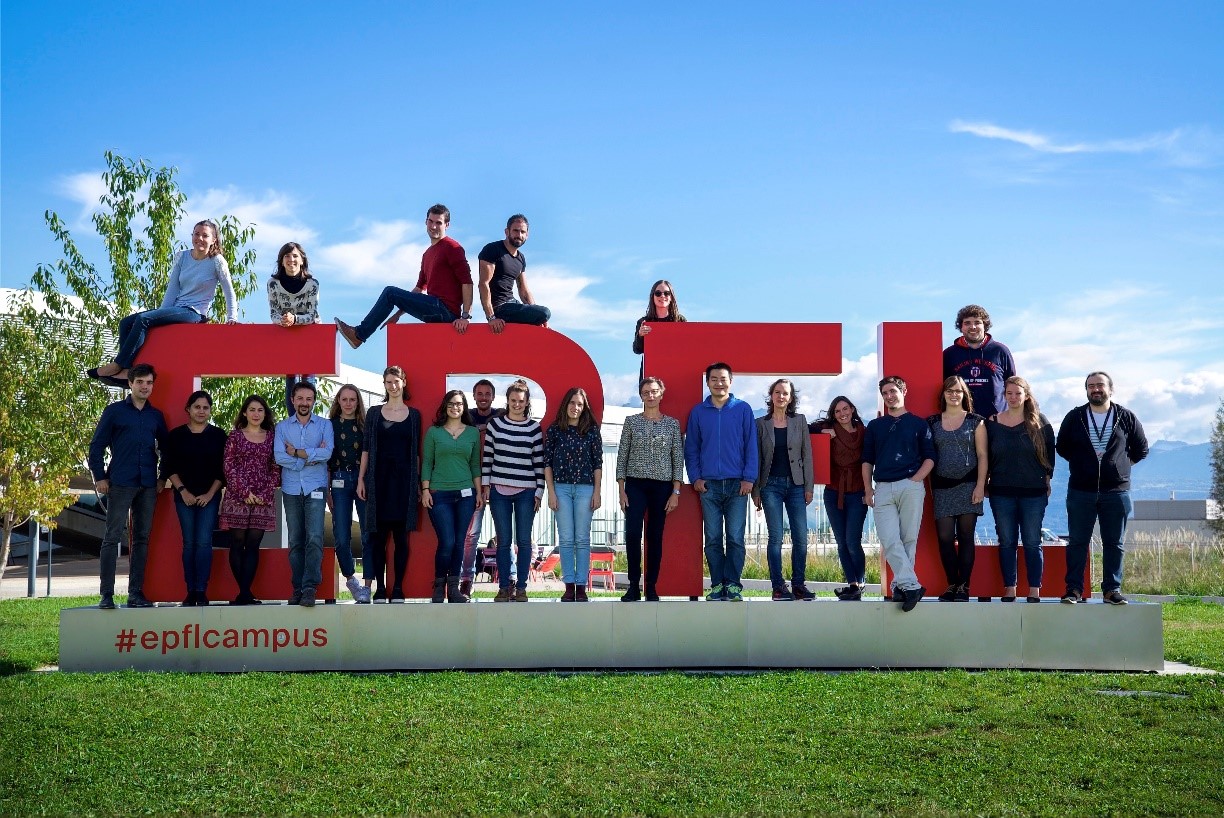
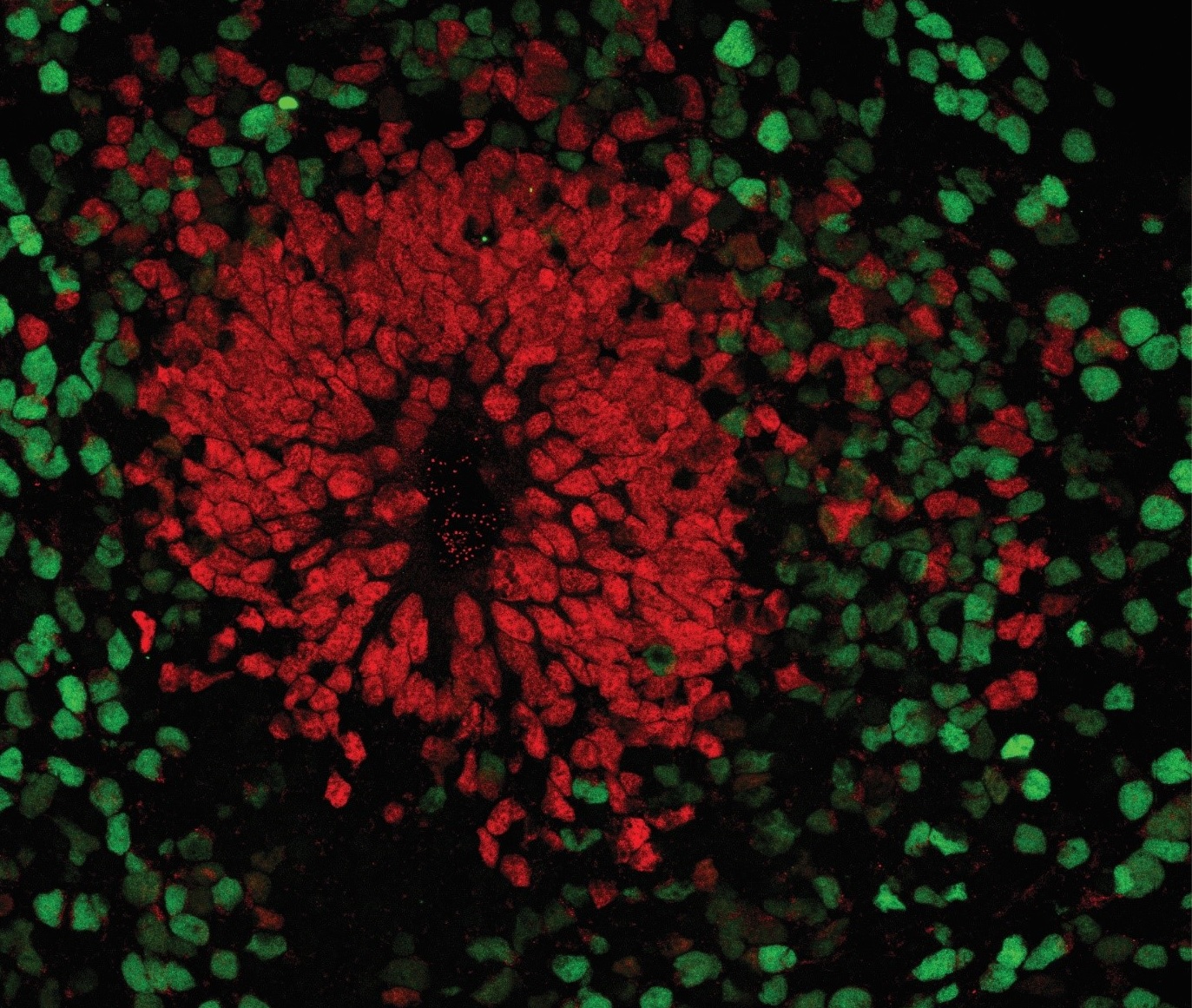
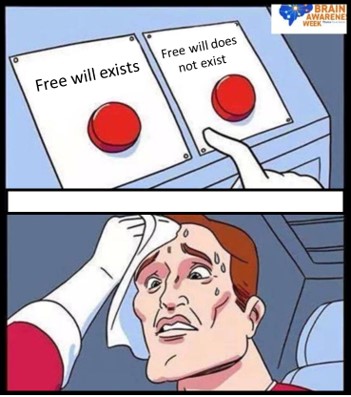
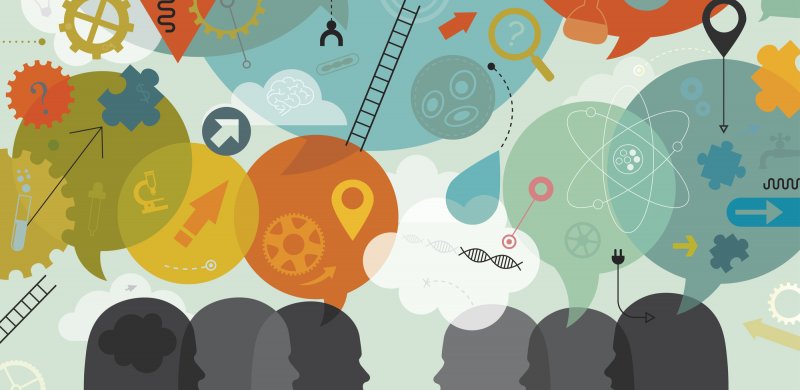
Be the first to reply